Shana Tova - A Jewish New-Year Blessing
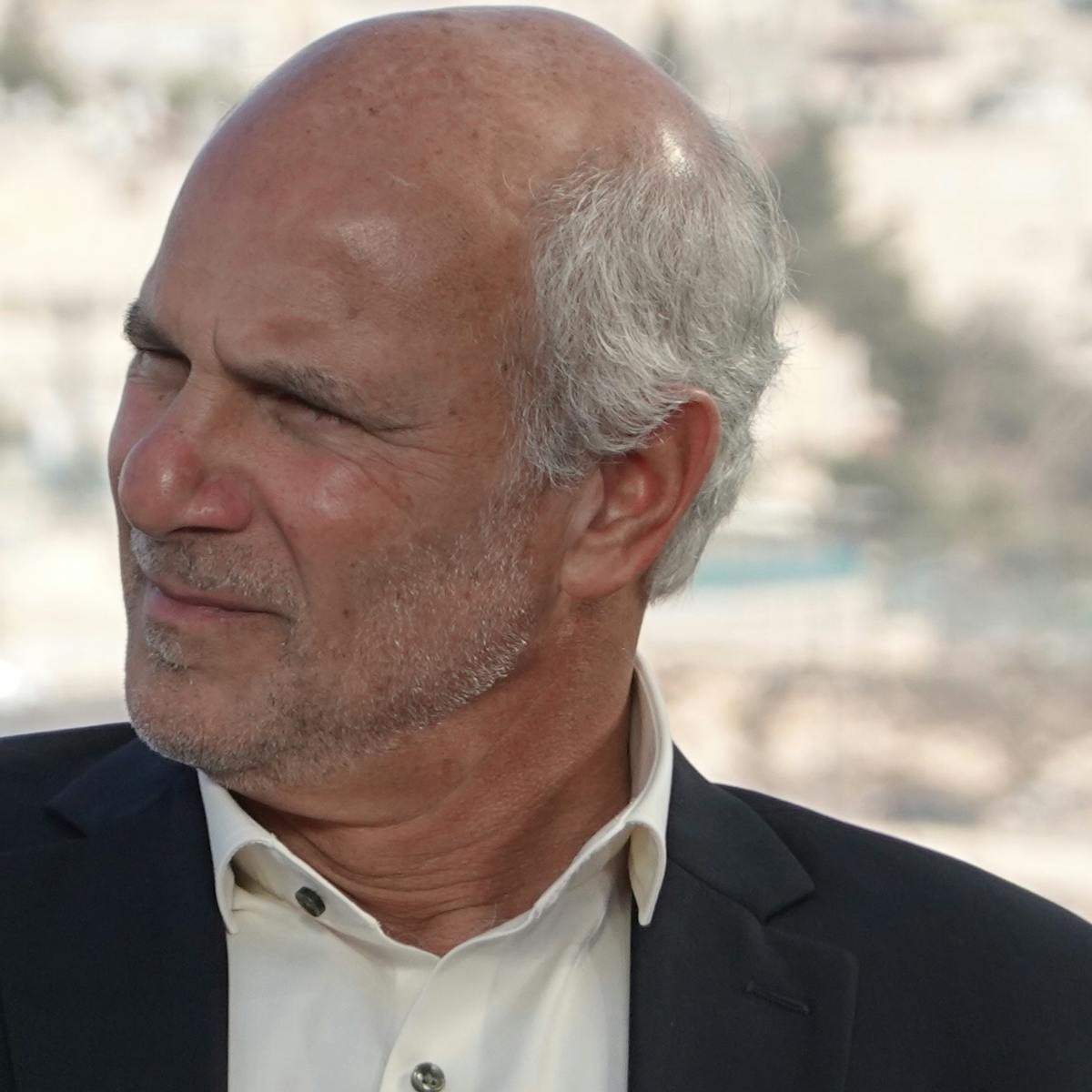
As we approach the High Holiday season in Israel, including the Feast of Trumpets, Yom Kippur (the Day of Atonement), and Sukkot (Feast of Tabernacles), we extend a heartfelt Shana Tova to everyone. These festivals, central to Jewish tradition, reflect deep spiritual themes and celebrate significant moments in the agricultural year.
The Biblical Feasts
According to the Scriptures, the seven biblical feasts commanded by God are spread throughout the year:
- Spring: Passover, Unleavened Bread, First Fruits
- Early Summer: Pentecost (Shavuot)
- Fall: Trumpets, Day of Atonement, Tabernacles
These feasts represent God's redemption plan, with the final three highlighting His ultimate acts of salvation. Over 21 days during the seventh month of the Hebraic biblical year, these feasts are celebrated with ceremonies, family gatherings, and national prayer events.
The Feast of Trumpets
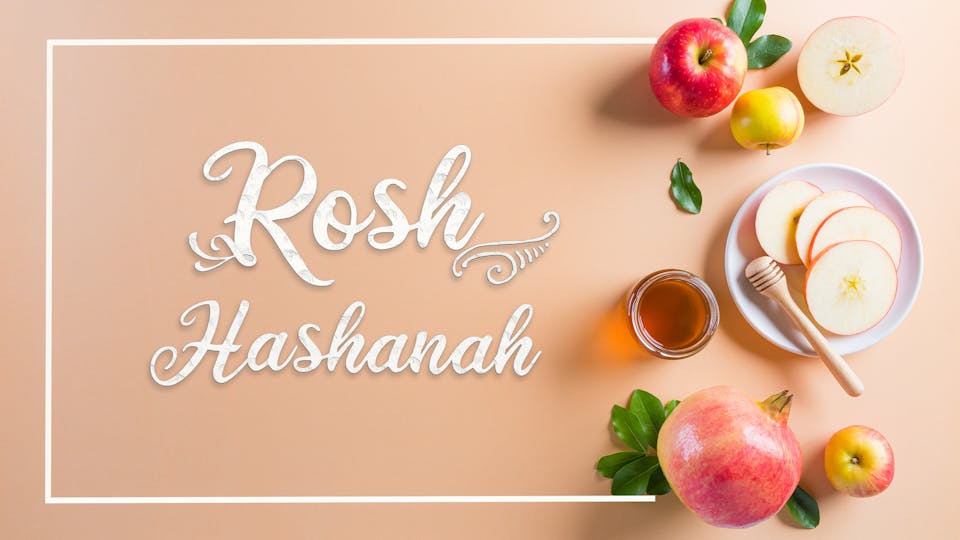
The Feast of Trumpets, recognized as Israel's traditional New Year (Rosh Hashanah), is a time for reflection and repentance. The biblical reference to this feast is a trumpet blast calling for attention, repentance and dedication.
During Rosh Hashanah, all of Israel attends prayer services in synagogues, entering the 'Ten Days of Awe' leading up to the Day of Atonement. Many celebrations are held where families and communities eat sweet seasonal foods in order to have a “sweet” and happy new year.
The Day of Atonement
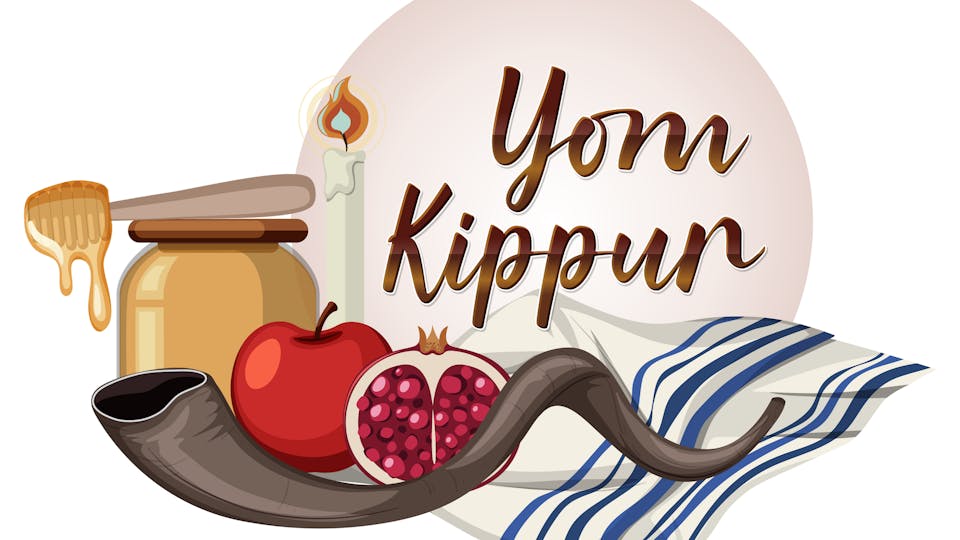
The Day of Atonement, or Yom Kippur, is intense 24-hour period of fasting and prayer seeks God's mercy and forgiveness. Scriptures promise a future healing and restoration for Israel during a final prophesied revival, bringing the nation under God's eternal atoning sacrifice.
The Feast of Tabernacles
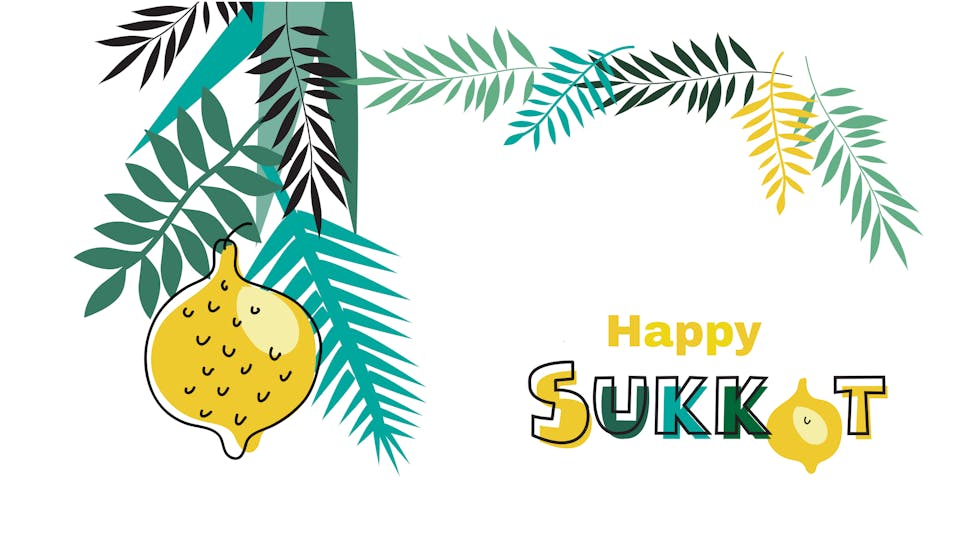
The Feast of Tabernacles is an eight-day celebration marking the agricultural bounty of the previous year and preparing for the blessings of the next, as Israel’s rainy season starts soon after the holiday. This joyous feast symbolizes God's presence dwelling among His people in a kingdom of peace and joy. Families and communities build temporary structures, decorate and eat in them as instructed in the scriptures.
Celebrating the Kingship of God
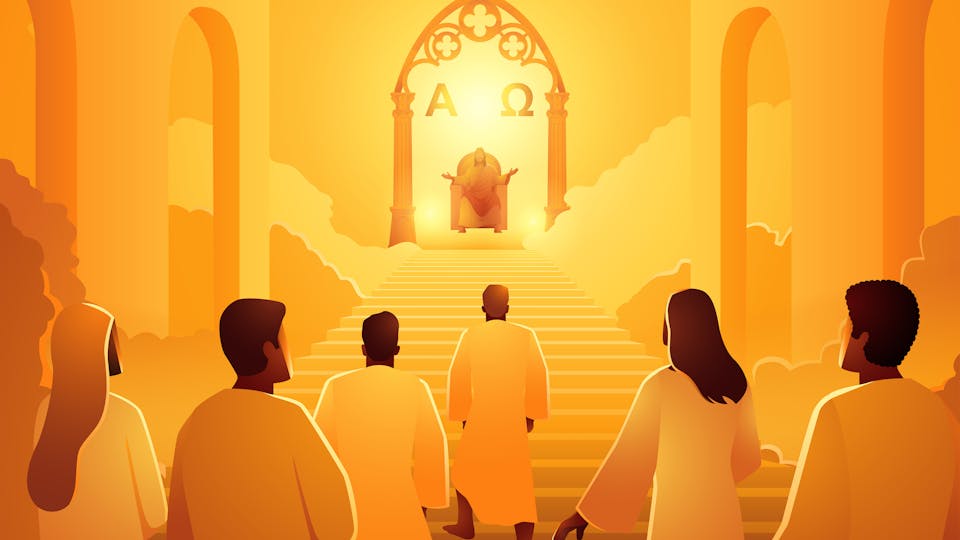
During this profound season, we celebrate the Kingship of the God of Israel. Traditional prayer services incorporate Psalms and Hymns declaring God's lordship over His creation. This confession, “The Lord reigns! The Lord has reigned! The Lord will reign forever and to eternity!” resonates throughout our synagogues, offering comfort and strength to those facing life's challenges.
A Season of Renewal and Hope

Rosh Hashanah is an ideal time to renew our faith and hope, seeking the Lord afresh. As the Bible teaches, “...this is the victory that has overcome the world; our faith.” (1 John 5:4). We remember God's promise through the prophet Jeremiah, “For I know the thoughts that I think toward you, says the Lord, thoughts of peace and not of evil, to give you a future and a hope.” (Jeremiah 29:11).
Frequently Asked Questions
What does Shana Tova mean?
Shana Tova is a Hebrew greeting that means "Good Year" and is used to wish someone a happy Jewish New Year.
What is the significance of the Feast of Trumpets?
The Feast of Trumpets, or Rosh Hashanah, marks the beginning of the Jewish New Year and is a time for introspection, repentance, and renewal.
Why is the Day of Atonement important?
The Day of Atonement, or Yom Kippur, is the holiest day in the Jewish calendar, dedicated to fasting, prayer, and seeking God's forgiveness and mercy.
How is the Feast of Tabernacles celebrated?
The Feast of Tabernacles, or Sukkot, is celebrated with joy and thanksgiving, marking the change in the agricultural seasons, and symbolizing God's presence among His people.
What are the 'Ten Days of Awe'?
The 'Ten Days of Awe' are the days between Rosh Hashanah and Yom Kippur, dedicated to introspection, repentance, and seeking forgiveness.
Final Words
As we embrace the Jewish New Year with the traditional greeting of Shana Tova, we reflect on the profound significance of this season. The High Holidays are not just dates on a calendar, but milestones on our spiritual journey. These celebrations remind us of God's eternal kingship, His plan for redemption, and His promises of hope and peace.
During this time, we gather in our synagogues and homes, participating in ancient rituals that have been passed down through generations. We seek the Lord, confident in God's mercy and His plans for our future. This season is a powerful reminder that despite life's challenges, our faith provides a foundation of strength and hope.
Happy Jewish New Year from your Sar-El Tour’s team. Shana Tova!